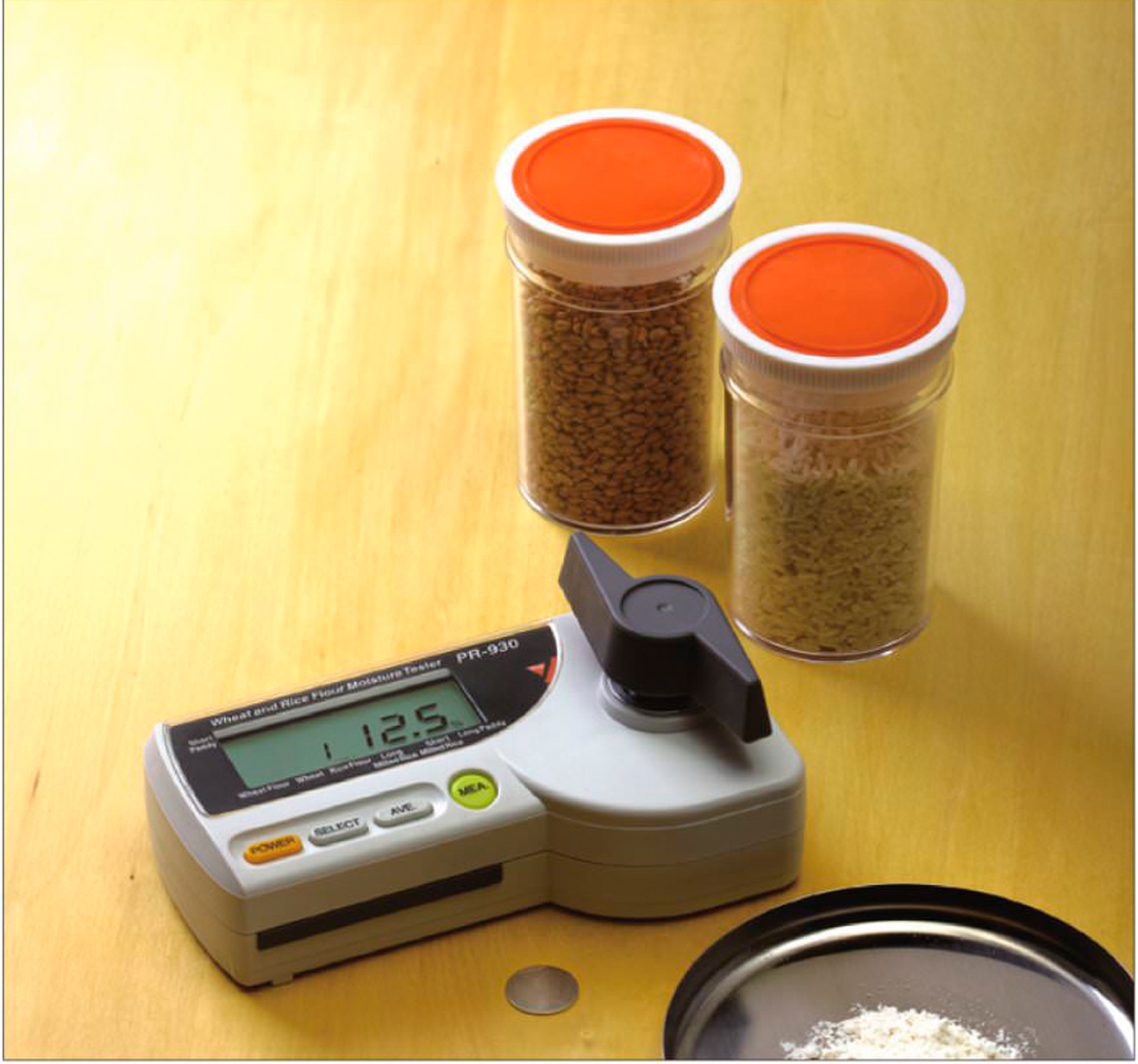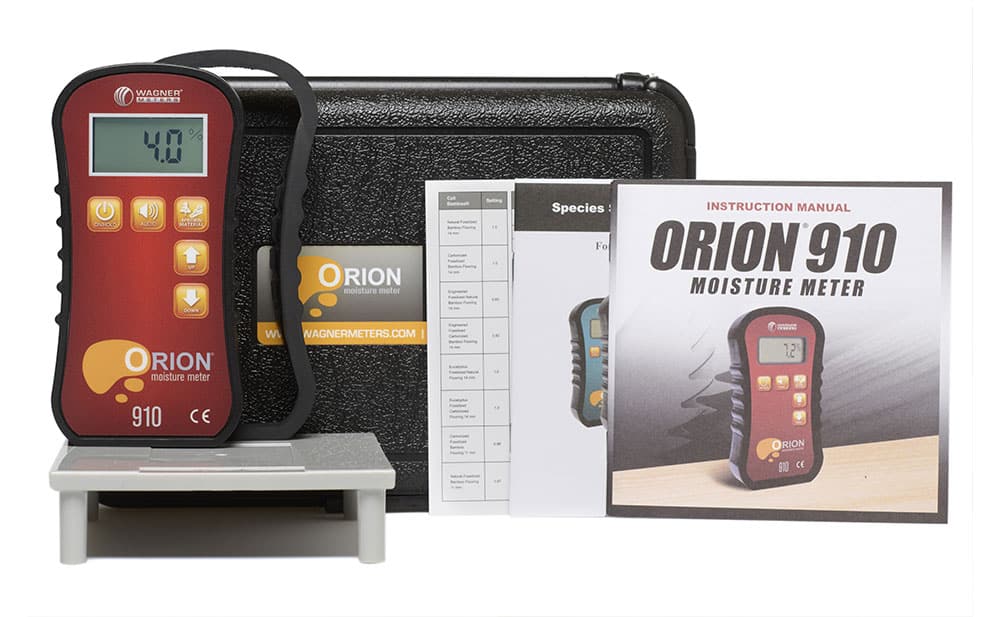The Ultimate Guide to Picking the Right Moisture Meter for Your Demands
The Ultimate Guide to Picking the Right Moisture Meter for Your Demands
Blog Article
The Ultimate Guide to Dampness Meters: A Comprehensive Overview and Just How They Can Conserve You Money
In the world of structure maintenance, building, and different industries, the importance of properly determining moisture levels can not be overstated. Moisture meters work as crucial devices in discovering and keeping an eye on moisture material in materials, helping in preventing pricey damages and making certain the high quality of products. Recognizing the nuances of various sorts of dampness meters, their applications, and the prospective cost-saving benefits they supply can be a game-changer for specialists and services alike. Discovering how these tools can not only enhance processes however also contribute to financial savings is a trip worth embarking on.
Sorts Of Moisture Meters
One common type is the pin-type moisture meter, which gauges the electric resistance in between 2 pins placed into a material. Pinless moisture meters, on the various other hand, usage electromagnetic sensor plates to scan a larger location without creating damages to the product's surface area.

Additionally, there are also specialized wetness meters developed for certain materials like grain, soil, or hay. These meters offer exact wetness readings customized to the special residential or commercial properties of the product being checked. Infrared dampness meters gauge the thermal residential properties of a material to establish its wetness material non-invasively, making them valuable for applications where pin or pinless meters may not appropriate. Recognizing the different kinds of dampness meters offered can aid markets pick the most ideal tool for their specific wetness dimension requirements.

Benefits of Making Use Of Wetness Meters
Moisture meters offer important advantages in accurately keeping track of and analyzing dampness degrees in diverse materials and environments. One of the key advantages of making use of dampness meters is the avoidance of prospective damage created by excess dampness.
In addition, using wetness meters can lead to raised power effectiveness. By determining areas with high moisture degrees, such as leaks or bad insulation, adjustments can be made to enhance power conservation and decrease utility prices. In agricultural setups, dampness meters play a crucial duty in enhancing plant returns by enabling farmers to check dirt moisture degrees and make informed watering decisions. Overall, the advantages of utilizing wetness meters extend across various markets, supplying cost-effective remedies and advertising far better quality assurance practices.
Exactly How to Pick the Right Wetness Meter
Picking the appropriate dampness meter involves thinking about vital aspects such as material compatibility, measurement variety, and calibration precision. When choosing a wetness meter, it's crucial to guarantee that the meter appropriates for the certain product you will be testing. Different products have differing electrical properties that can affect moisture analyses, so picking a meter made for your product is essential for exact outcomes. Furthermore, consider the measurement series of the dampness meter. Ensure that the meter can discover wetness degrees within the variety required for your applications. Calibration accuracy is one more vital aspect to bear in mind. Decide for a dampness meter with trustworthy calibration to make certain regular and exact readings. Some meters may need periodic calibration adjustments, so understanding the calibration process is important. By very carefully evaluating these elements, you can select a dampness meter that fulfills your needs and gives precise wetness measurements for your projects.
Proper Methods for Moisture Meter Usage

Cost Savings Through Moisture Meter Applications
How can the this post strategic utilization of moisture meters lead to substantial price financial savings throughout numerous markets? Wetness meters play a vital function in expense savings by protecting against possible damage and ensuring quality assurance in various industries. In the agriculture sector, wetness meters aid in determining the optimum time for collecting plants, stopping over-drying or excess moisture that can influence the final product's quality. find out this here This precise surveillance assists farmers avoid unneeded losses and maximize their return.
Likewise, in construction, dampness meters aid prevent costly problems by finding dampness levels in building products, such as timber or concrete, which can lead to structural problems otherwise attended to quickly. By determining problem areas beforehand, professionals can take restorative measures to prevent extensive repair work or substitutes, ultimately saving time and cash.
In addition, in the food processing market, dampness meters are important for keeping an eye on item quality and guaranteeing conformity with safety and security laws. By accurately measuring wetness material in food, suppliers can prevent putridity, preserve freshness, and reduce waste, resulting in considerable expense financial savings. On the whole, the critical application of moisture meters is a valuable investment that can bring about substantial price reductions and improved efficiency across various industries.
Conclusion
In conclusion, dampness meters are useful devices for gauging and detecting moisture levels in various materials. By utilizing the appropriate dampness meter and adhering to appropriate methods, individuals can efficiently protect against expensive problems triggered by excess dampness. Investing in a top quality dampness meter can bring about substantial cost savings over time by recognizing potential problems beforehand and making it possible for timely remediation. Inevitably, wetness meters are crucial tools for maintaining the integrity and long life of structures and products.
Dampness meters serve as important tools in finding and checking moisture web content in products, helping in avoiding Website pricey problems and ensuring the quality of products. Infrared wetness meters measure the thermal residential properties of a material to determine its wetness content non-invasively, making them helpful for applications where pin or pinless meters may not be ideal.Moisture meters provide indispensable advantages in precisely evaluating and checking wetness degrees in varied products and environments. In farming setups, wetness meters play an important role in optimizing crop yields by enabling farmers to monitor soil moisture degrees and make notified watering choices.In verdict, moisture meters are beneficial tools for spotting and determining moisture levels in various materials.
Report this page